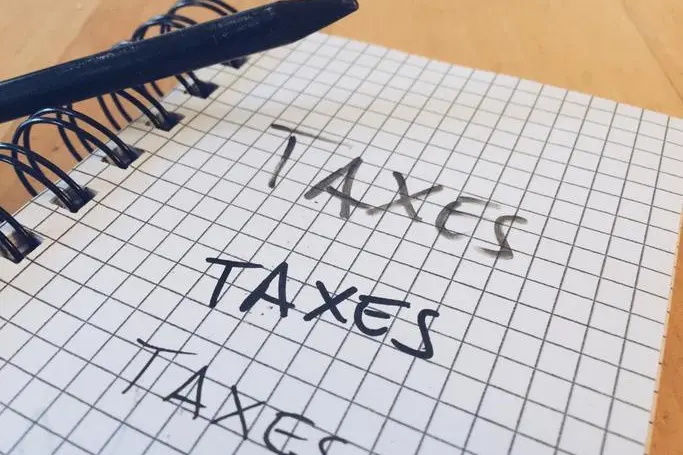PHOTO
Importers of consolidated cargo will now be required to pay taxes based on transaction value, in a new directive by Kenya Revenue Authority (KRA) that increases the cost of doing business and retail prices.
The directive means that items such as second-hand clothes and household goods, which end up in open-air markets such as Gikomba and Nyamakima in Nairobi, will now attract import duty, value added taxes (VAT), excise duty, Import Declaration Levy, and Railway Development Levy.
The move is also expected to affect cargo volumes on the standard gauge railway from Mombasa to the Kenya Railways Corporation (Boma Line) Transit Shed in Nairobi, which was gazetted in 2021 as a facility to deconsolidate cargo.
Read: Uganda, Dar SGR line clear as Kenya derailedThe directive affects more than 7,500 small-scale importers who have protested to the Kenyan government. According to the Small-scale Traders Association chairman Samuel Karanja, traders will be forced to pay $1,000 (KSh129,400) as container deposits, a levy that had been waived for those importing in small quantities since 2021.
Increased costs“Apart from paying $2 (KSh129.40) per kilogramme of cargo imported, now more than 7,500 traders who were using the Boma Line Transit Shed in Nairobi might be forced to travel to Mombasa for verification, as the warehouse is no longer exclusive to such traders,” said Mr Karanja.
John Kariuki, a Nairobi-based importer, said the cost of second-hand clothes and household goods imports will increase due to logistics issues.“Unlike before, when we were deconsolidating cargo in Nairobi, this means we have to camp in Mombasa which will lead to additional cost passed to consumers,” said Mr Kariuki.
According to KRA, the decision to move to the World Trade Organisation (WTO) General Agreement on Tariff and Trade model based on transaction value was necessitated by abuse of the initial government directive, which was aimed at easing costs for small importers.
Now, importers, cargo consolidators and their clearing agents are required to fully comply and provide correct information to Customs in accordance with the East African Customs Management Act, 2004.
The KRA cited a number of cases of undervaluation of cargo and tax evasion, denying it billions in potential revenues.
Denied revenuesThree years ago, KRA gazetted various facilities to be used for deconsolidation and clearance of cargo imported by small traders, among them Boma Shed. The establishment of the Boma Line was part of the initiatives to bring services closer to taxpayers and facilitate them to conduct their business effectively and efficiently.
Cargo verification was also simplified with traders with goods of Customs value of $10,000 (KSh1.29 million) or less allowed to make an import declaration on a mobile app or a direct assessment entry, while those with goods of Customs value above $10,000 were cleared through a registered clearing agent in the Customs system.
Small traders have traditionally consolidated cargo to fill a container. Assorted cargo is therefore packed in one container for shipment, with each trader collecting their goods at a destination where the container is stripped or de-consolidated.
Kenya International Freight and Warehousing Association chairman Roy Mwanthi said the government had domesticated the international law to suit traders which is allowed but it should be within the law.
© Copyright 2022 Nation Media Group. All Rights Reserved. Provided by SyndiGate Media Inc. (Syndigate.info).




















